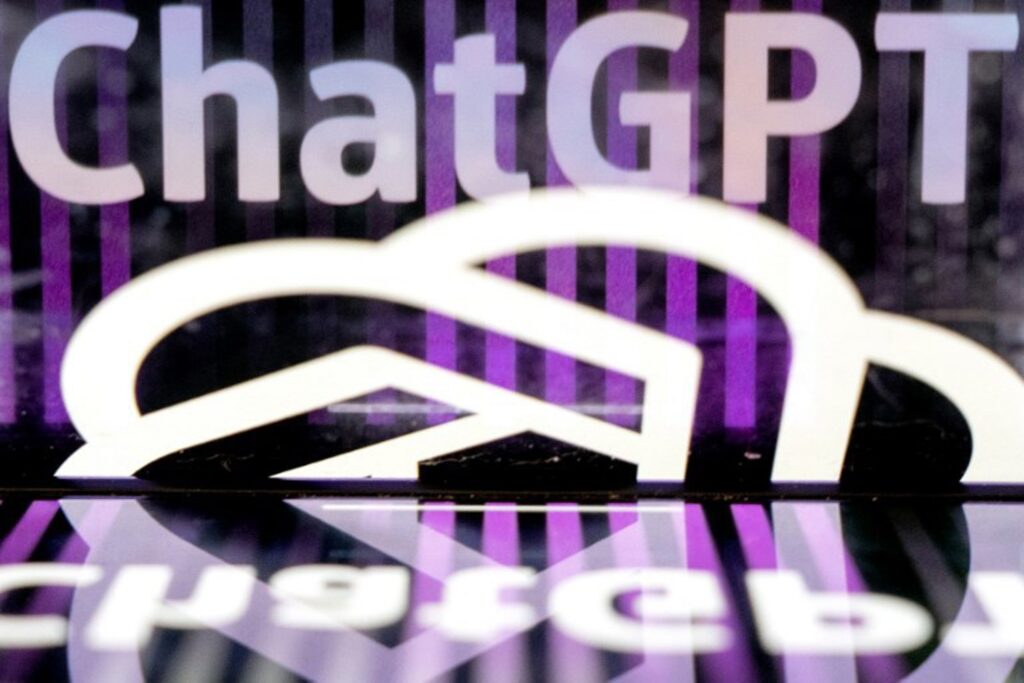To ensure the ethical development of Artificial Intelligence (AI) in Europe, the European Parliament has endorsed the notion of 'putting people first' by adopting new transparency and risk-management rules that can harness its worst effects.
The vote comes at a crucial time for the global regulation of AI systems, with the European Parliament wanting to ensure that AI systems are overseen by people, in a safe, transparent, traceable, non-discriminatory, and environmentally friendly way.
On Thursday, the Internal Market Committee and the Civil Liberties Committee adopted a draft negotiating mandate on the first-ever rules for Artificial Intelligence.
"We are on the verge of putting in place landmark legislation that must resist the challenge of time. It is crucial to build citizens’ trust in the development of AI, to set the European way for dealing with the extraordinary changes that are already happening, as well as to steer the political debate on AI at the global level," said co-rapporteur Brando Benifei.
"We are confident our text balances the protection of fundamental rights with the need to provide legal certainty to businesses and stimulate innovation in Europe," he added.
Risk-based approach
The rules follow a risk-based approach by establishing obligations for providers and users. These can depend on the level of risk the AI can generate: systems with an unacceptable risk to people’s safety would be strictly prohibited.
This includes systems that deploy subliminal or purposefully manipulative techniques, exploit people’s vulnerabilities or are used for social scoring (classifying people based on their social behaviour, socioeconomic status, and personal characteristics).
MEPs substantially amended the list to include bans on "intrusive and discriminatory" uses of AI systems, such as 'real-time' and 'post' remote biometric face identification systems in publicly spaces. Biometric categorisation systems using sensitive characteristics (gender, race, ethnicity, citizenship status, religion, political orientation) will also be banned under the new rules.
The list of bans also includes predictive policing systems (based on profiling, location or past criminal behaviour); emotion recognition systems in law enforcement, border management, workplace, and educational institutions; and indiscriminate scraping of biometric data from social media or CCTV footage to create facial recognition databases (violating human rights and right to privacy).

Credit: Belga
"The Parliament is sending a globally significant message to governments and AI developers with its list of bans, siding with civil society’s demands that some uses of AI are just too harmful to be allowed," said Sarah Chander, Senior Policy Adviser at the European Digital Rights international advocacy group (EDRi).
"Unfortunately, the European Parliament’s support for peoples’ rights stops short of protecting migrants from AI harms," she added
The European Parliament has stopped short of protecting the rights of migrants from discriminatory surveillance. MEPs failed to include in the list of prohibited AI practices to facilitate illegal pushbacks, or to profile people in a discriminatory manner.
Without these prohibitions, the Parliament is paving the way for a panopticon at the EU's borders.
First of its kind
Furthermore, MEPs want to have a uniform definition for AI designed to be technology-neutral, so that it can apply to the AI systems "of today and tomorrow."
This means generative foundation models – such as Chat GPT – would have to comply with additional transparency requirements. Notably, AI moedel would need to disclose that the content was generated by AI, designing a model to prevent it from generating illegal content and publishing summaries of copyrighted data used for training.
Related News
- ChatGPT parent company promises to 'increase transparency'
- Belgian man dies by suicide following exchanges with chatbot
- Europol warns against misuse of ChatGPT
Given the profound transformative impact AI will have on the EU's societies and economies, the AI Act is very likely the most important piece of legislation in this mandate, said co-rapporteur and Romanian MEP Dragos Tudorache (Renew Europe).
"It is the first piece of legislation of this kind worldwide, which means that the EU can lead the way in making AI human-centric, trustworthy and safe," he added. "We have worked to support AI innovation in Europe and to give start-ups, SMEs and industry space to grow and innovate, while protecting fundamental rights, strengthening democratic oversight and ensuring a mature system of AI governance and enforcement."
Now, the draft will nned to be endorsed by the whole Parliament, with the vote expected during the 12-15 June session, before negotiations with the Council on the final form of the law can begin.

